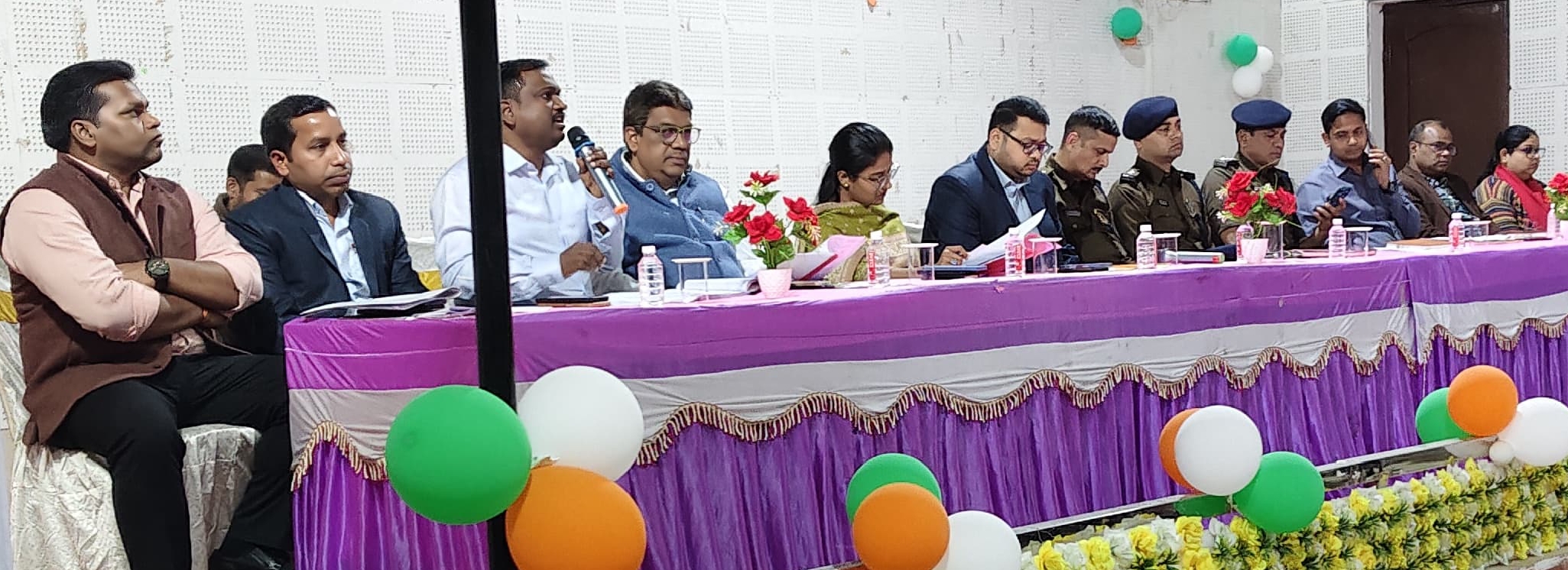Effective Date: 01/08/2024
Welcome to जन विचार (“we,” “our,” or “us”). These Terms and Conditions (“Terms”) govern your use of our website https://janvichar.in . By accessing or using the Site, you agree to comply with and be bound by these Terms. If you do not agree with these Terms, please do not use the Site.
1. Use of the Site
- Eligibility: You must be at least 18 years old to use the Site. By using the Site, you represent and warrant that you meet this age requirement.
- Account Registration: To access certain features of the Site, you may need to register for an account. You agree to provide accurate and complete information during the registration process and to update such information as necessary.
- Account Security: You are responsible for maintaining the confidentiality of your account login information and for all activities that occur under your account. You agree to notify us immediately of any unauthorized use of your account.
2. Subscription and Payment
- Subscription Services: We offer subscription-based services that provide access to premium content. By subscribing, you agree to pay the subscription fees and any applicable taxes.
- Payment Information: You must provide valid payment information to subscribe. We use third-party payment processors to handle payment transactions. Your payment information is subject to the privacy policies of these processors.
- Cancellation: You may cancel your subscription at any time. Cancellation will take effect at the end of the current billing cycle. No refunds will be provided for partial subscription periods.
3. User Content
- Content Submission: You may submit content to the Site, including comments, articles, and other materials. By submitting content, you grant us a non-exclusive, royalty-free, perpetual, and worldwide license to use, reproduce, modify, and distribute your content.
- Prohibited Content: You agree not to submit any content that is unlawful, defamatory, obscene, or otherwise objectionable. We reserve the right to remove any content that violates these Terms.
4. Intellectual Property
- Ownership: All content on the Site, including text, graphics, logos, and images, is the property of जन विचार or its licensors and is protected by copyright and other intellectual property laws.
- Limited License: You are granted a limited, non-exclusive, and non-transferable license to access and use the Site for personal, non-commercial purposes. You may not reproduce, distribute, or create derivative works from the content on the Site without our prior written consent.
5. Disclaimers and Limitation of Liability
- Disclaimer of Warranties: The Site is provided on an “as is” and “as available” basis. We make no warranties, express or implied, regarding the Site’s operation or the information, content, or materials included on the Site.
- Limitation of Liability: To the fullest extent permitted by law, we shall not be liable for any damages arising from your use of the Site, including but not limited to direct, indirect, incidental, punitive, and consequential damages.
6. Privacy Policy
- Privacy: Your use of the Site is also governed by our Privacy Policy, which can be found here. By using the Site, you consent to the collection and use of your information as described in the Privacy Policy.
7. Changes to the Terms
- Modifications: We reserve the right to modify these Terms at any time. Any changes will be effective immediately upon posting on the Site. Your continued use of the Site after the posting of revised Terms constitutes your acceptance of the changes.
8. Governing Law
- Jurisdiction: These Terms shall be governed by and construed in accordance with the laws of Information and technology act. Any disputes arising under or in connection with these Terms shall be subject to the exclusive jurisdiction of the courts of customer Support.
9. Contact Us
If you have any questions or concerns about these Terms, please contact us at:
- Email: support@janvichar.in
Editorial Guidelines for Jan Vichar
1. Accuracy and Fact-Checking
- Ensure all information is accurate and verified from reliable sources.
- Cross-check facts and data before publication.
- Provide citations and references for all factual claims.
2. Objectivity and Fairness
- Maintain neutrality and avoid bias in reporting.
- Present multiple viewpoints on controversial issues.
- Avoid conflicts of interest and disclose any potential biases.
3. Transparency
- Be transparent about sources and methods used in reporting.
- Clearly identify authors and their credentials.
- Correct errors promptly and transparently.
4. Ethical Standards
- Adhere to ethical journalism practices as outlined by professional bodies like the Society of Professional Journalists.
- Respect privacy and avoid sensationalism.
- Avoid plagiarism and give credit to original sources.
5. Content Quality
- Ensure content is well-written, clear, and engaging.
- Follow a consistent style guide for grammar, punctuation, and formatting.
- Use appropriate headlines and subheadings to enhance readability.
6. SEO and Digital Best Practices
- Implement SEO best practices to improve search engine rankings.
- Use relevant keywords naturally within the content.
- Optimize images and multimedia for faster loading times.
7. Audience Engagement
- Understand and cater to the needs and interests of your audience.
- Encourage reader interaction through comments and social media.
- Monitor feedback and adjust content strategies accordingly.
8. Diversity and Inclusion
- Promote diversity in content and representation.
- Avoid stereotypes and discriminatory language.
- Ensure inclusive coverage of different communities and perspectives.
9. Legal Compliance
- Comply with all relevant laws and regulations, including copyright and defamation laws.
- Avoid publishing content that could be considered libelous or defamatory.
- Respect intellectual property rights and use licensed content where necessary.
10. Editorial Independence
- Maintain editorial independence from advertisers and sponsors.
- Clearly distinguish between editorial content and advertisements.
- Avoid any influence from external parties on editorial decisions.
By adhering to these guidelines, Jan Vichar can ensure the production of high-quality, trustworthy, and engaging content that resonates with its audience and upholds the highest standards of journalism.




